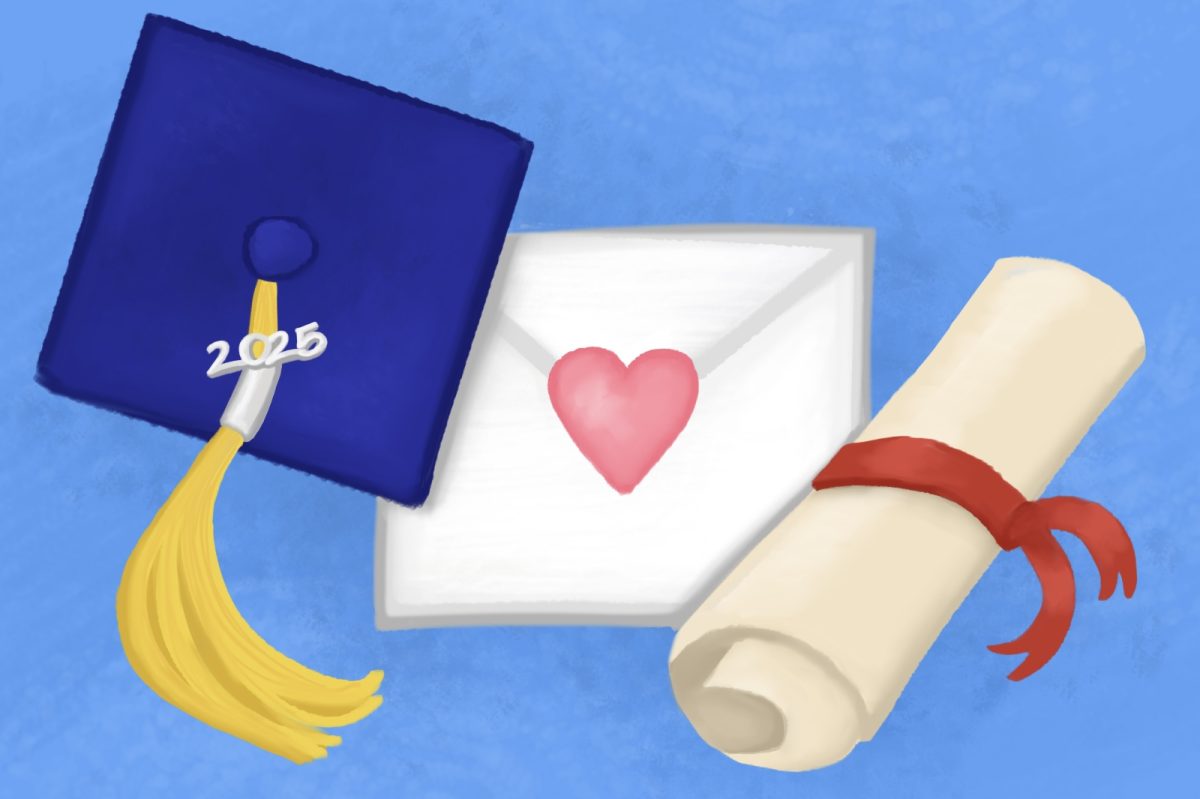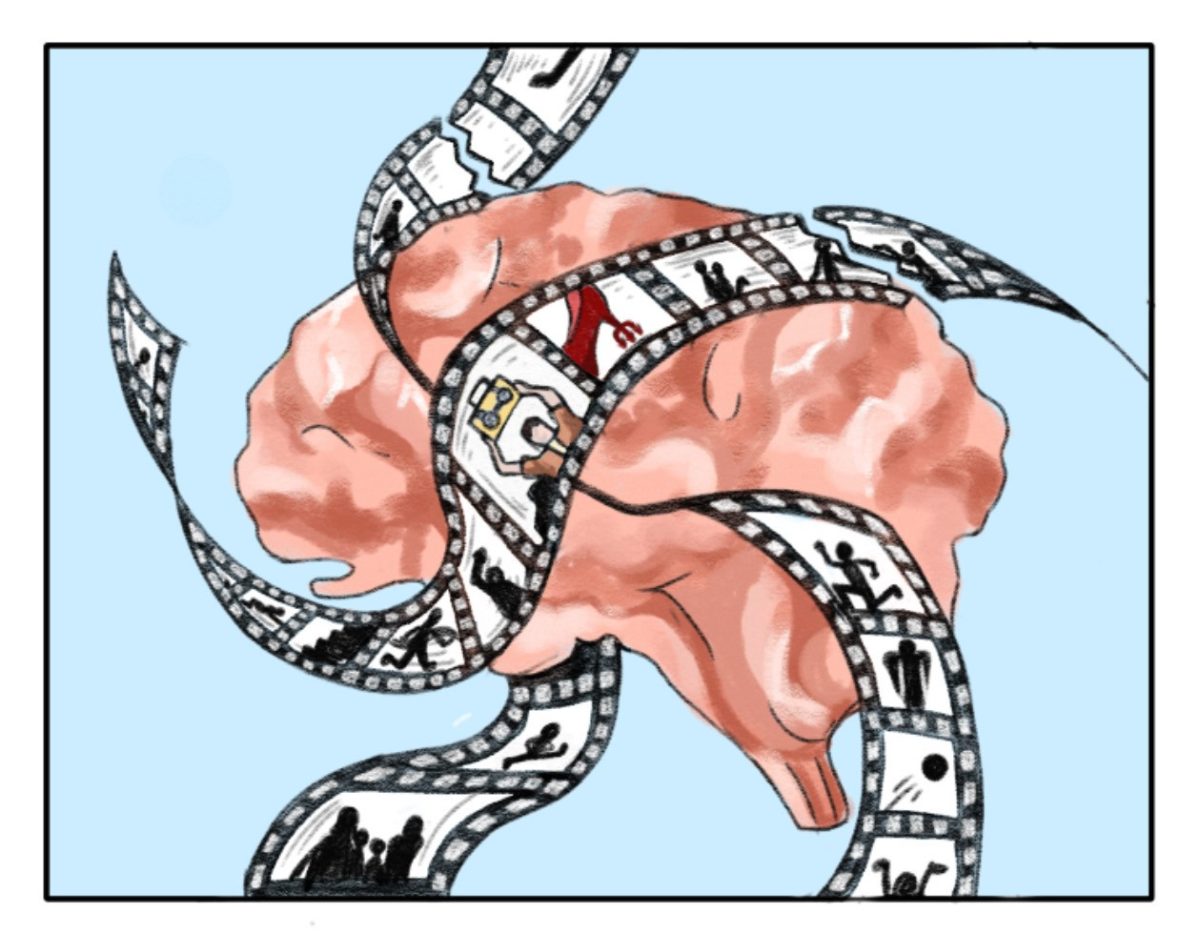By Noah Sheidlower
If you add the letter “L” to the end of the word trivia, what do you get? Trivial. By placing one letter at the end of a word connoting a realm of knowledge, the result is a word signifying something of little importance. It seems most students struggle to distinguish between these two terms; with great concern for submitting a polished resume, most teenagers vilify trivia competitions since memorizing Victorian authors, kings of Rome, or Norse gods shows no indication of their willingness and audacity to attempt to improve the world. Students devote themselves to researching growth patterns in microscopic organisms, to rehearsing speeches at Model Congress, or to saving animals at local shelters in order to ameliorate the political, economic, and social problems of daily life. So when the average student walks by a Quiz Bowl practice, participants crouching over their buzzers while recalling a database of random facts, the question comes to mind: Why does it matter?
Trivia is more than just cramming information to increase a team’s score in a competition. Trivia encompasses the works of authors, composers, and artists, the heroic victories and dishonorable defeats of historical and mythological rulers, the discoveries of scientists that provided further insight into the human body. It highlights transitions from literary movement to literary movement, from dynasty to dynasty, from geologic period to geologic period, depicting why and how shifts occur. It maps how societies have flourished or declined, how cultures today develop or deteriorate, and how nations years from now will benefit or be disadvantaged by actions carried out recently.
Similarly, trivia allows people to connect cultures of one country with those of another; there is no coincidence that typical trivia competitions have an equal balance of American and international individuals, conflicts, and works. American playwrights are asked about just as frequently as European playwrights, Mongol emperors are tossed up just as often as American Presidents. This distribution encourages participants to study the past and present of other countries, permitting them to analyze the motives behind the writings, legislation, and scientific advancements of various cultures and to compare such contributions to those they are familiar with in the US. Exposing people to foreign cultures through trivia educates them about significant contributions individuals from a particular country bestowed upon the rest of the world, compelling them to use such contributions to enrich their view of the world.
And this transition to a more culturally accepting attitude affects how people interact with others in their own community. Trivia encourages people to ask questions of others who specialize in different subjects. Becoming well versed in the trivia realm allows participants to connect with more people across different disciplines since they have the ability to converse with others from different backgrounds and interests. This inquisitive temperament provides people with opportunities to discuss biology with lab workers, poetry with literary magazine editors, or developmental psychology with researchers at a university. These opportunities not only increase people’s knowledge of various subjects but also permit them to see the world through different lenses and to become more aware of how the past molds current developments that would otherwise be hidden behind the doors of offices or laboratories.
As with technology, trivia makes the world a smaller place; it opens participants’ eyes to the figures who have shaped how others view nature, war, and daily life and influences their outlook on the inner workings of their community. Tying together contributions of people from various countries over and over through trivia allows people to more naturally connect the humanities, sciences, and beliefs to the shared history that prompted contributors to publish or act. Although people can function and communicate with others without knowing random facts, trivia adds color to an otherwise black and white world and contributes to a clearer perspective of how society functions and will continue to function.













